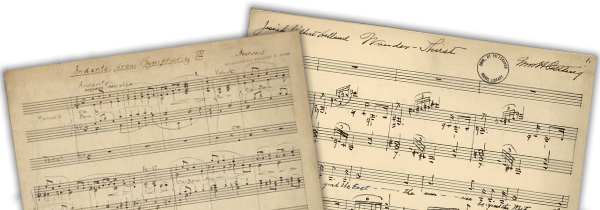
WARNING: This is a blackface minstrel song, a genre that features demeaning caricatures rooted in racism and white supremacy.
Firth, Pond & Co. deposited Stephen C. Foster’s “The Glendy Burk” for copyright on May 29, 1860.
According to Evelyn Foster Morneweck’s The Chronicles of Stephen Foster’s Family:
Before leaving for New York, he sent to Firth, Pond in 1860, “Poor Drooping Maiden,” “None Shall Weep a Tear for Me,” “The Wife; or He'll Come Home,” “Under the Willow She's Sleeping,” probably “Cora Dean,” and one good song, “The Glendy Burk,” composed in his best old-time manner. Glendy Burke, for whom the famous steamboat was named, was a well-known merchant and influential citizen of New Orleans. Morrison had many dealings in the ’40’s with Mr. Burke who was associated with the firm of Burke, Watt & Co. of Carondelet Street, New Orleans. As an acknowledgment of the compliment of having the steamboat named for himself, it is said that Mr. Burke presented the boat with a grand piano. Stephen’s song is a spirited, rollicking steamboat ballad that has become a river classic. It is written in simple negro dialect, but inoffensive as it was, this dialect was considered quite too vulgar to be sung by a certain genteel young lady of the ’6o’s whose bound volume of music I recently inspected. Her fastidious singing teacher in the young ladies’ seminary at which he taught, had crossed out all the “de’s” and “wid’s” and “dah’s” and substituted the proper “the’s” and “with’s” and “there’s” which the elegance of the young pupil’s social position demanded—her father was a senator.